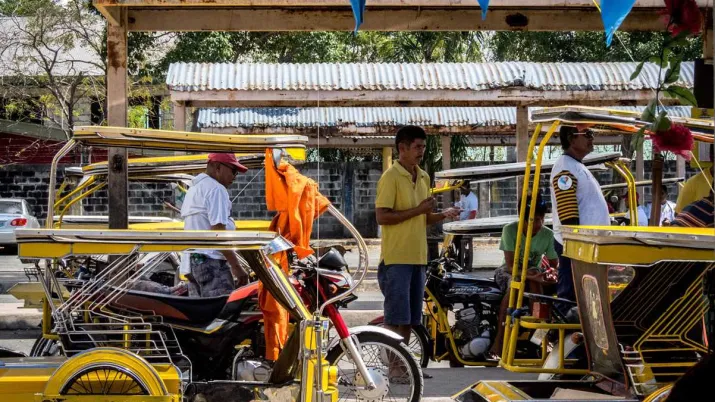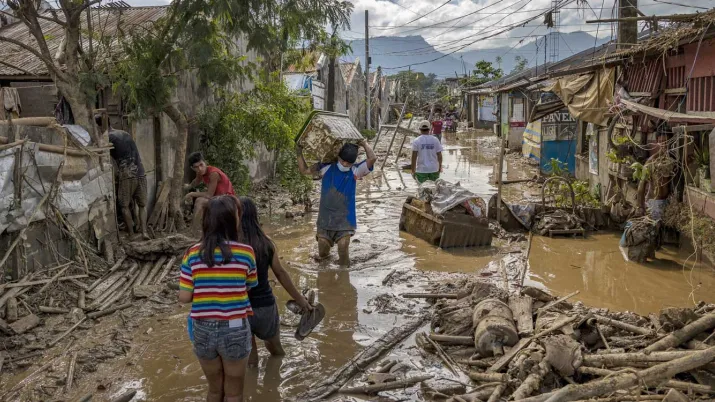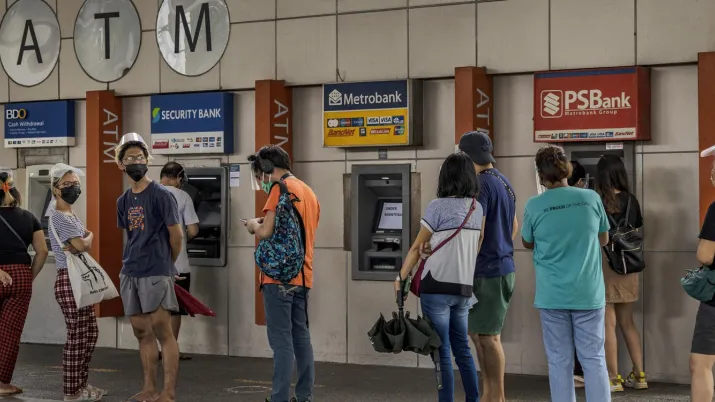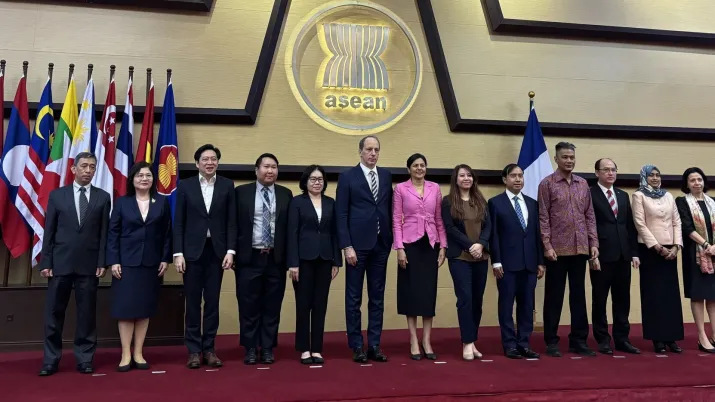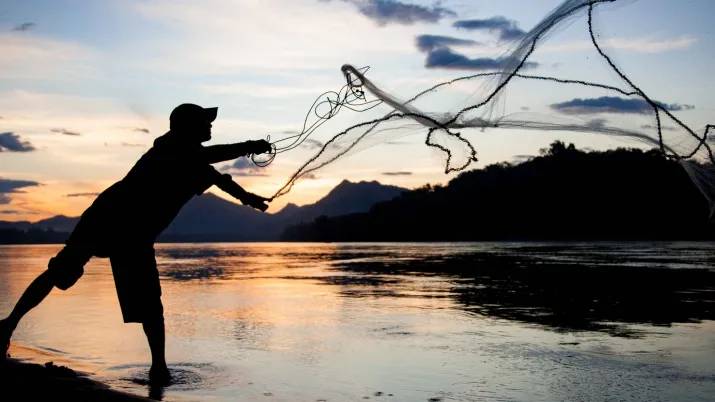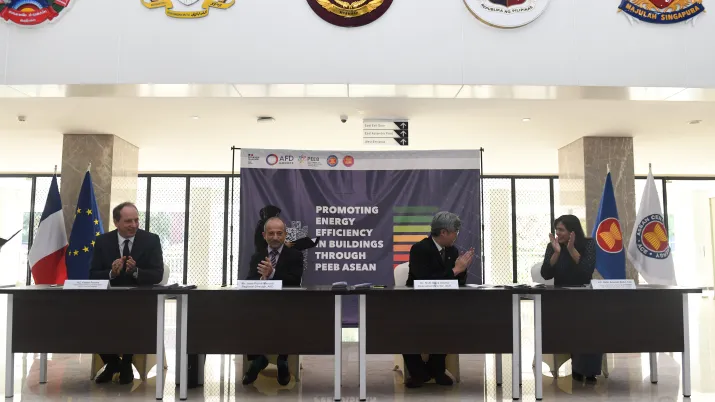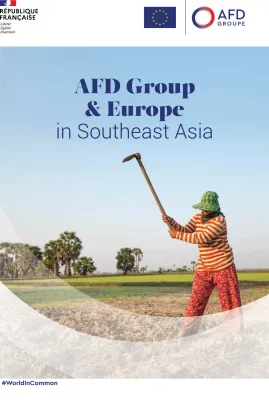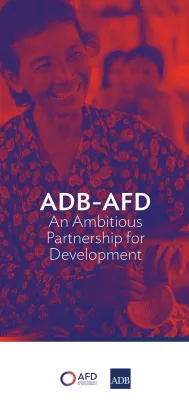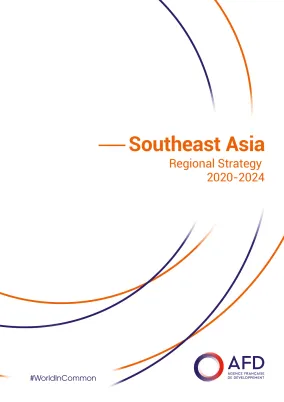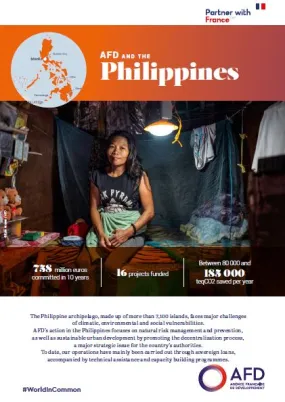Share the page
Philippines
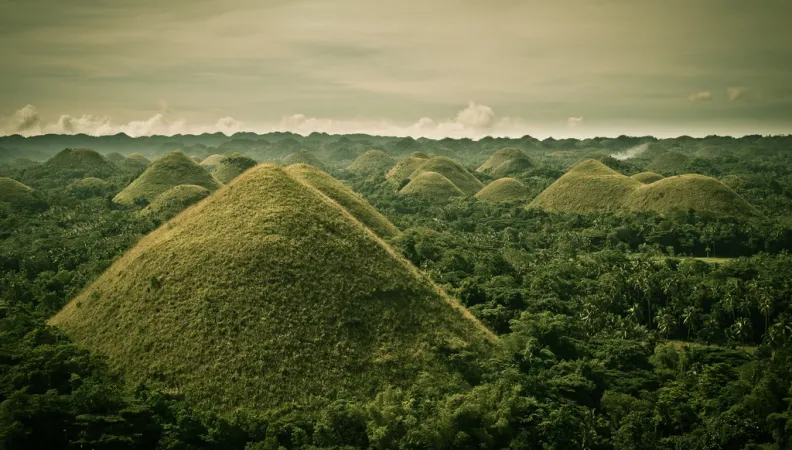
The Philippine archipelago, made up of more than 7,100 islands, faces major challenges of climatic, environmental and social vulnerabilities. AFD’s action in the Philippines focuses on the fight against climate change and the resilience of Filipino people in the context of just transitions. It also gives priority to territorial approaches. AFD mainly carries out its operations through sovereign loans and technical assistance programs.
Context
An archipelago with more than 7,000 islands, the Philippines has a population of about 113 million people. It is the second most populous country in Southeast Asia and also has one of the most dynamic economies in the region, with annual growth in excess of 6% over the last decade.
But wealth is unevenly distributed and poverty still affects a large part of the population. This situation is exacerbated by a high exposure to natural disasters, as reminded by the typhoons Haiyan and Odette which devastated the Philippines in 2013 and 2021. The country is therefore one of the most vulnerable to climate change.
To address these challenges, AFD assists the Government with its reform programs for disaster management and prevention and with the achievement of its climate objectives. It promotes the development of sustainable urban infrastructure, as well as rural and agricultural infrastructure to contribute to food security. It supports energy efficiency initiatives, the circular economy and biodiversity protection.
To enhance the effectiveness of its action, it has established partnerships with the Asian Development Bank and World Bank. Since 2009, AFD has committed more than €1 billion in the country through loans.
The AFD Philippines office is attached to the Southeast Asia regional office.
Our approach
AFD and the Philippines: supporting low-carbon development and the resilience of populations and ecosystems
Greenhouse gas emissions in the Philippines are relatively low, but are rapidly increasing. The country is also particularly vulnerable to the effects of climate change. In this context, on the heels of the Paris Agreement, the Government of the Philippines has affirmed its commitment to a low-carbon and inclusive development trajectory. AFD is helping the country achieve its climate objectives within this framework.
Combining loans, technical assistance and public policy dialogue, AFD supports and accelerates the implementation of priority political and institutional reforms for climate change mitigation and adaptation in the context of the Nationally Determined Contributions (NDCs) of the Philippines.
To address the under-investment in infrastructure, AFD encourages the mobilization of the private sector and the State to structure and finance sustainable public-private partnerships that take climate change issues into account.
AFD also promotes affordable, efficient and greener urban mobility. For example, it is co-financing the future bus rapid transit (BRT) network in Cebu City, the second largest city in the archipelago.
The Philippines is one of the world’s most disaster-prone countries. According to IPCC forecasts, the frequency and scale of natural disasters will increase with climate change. AFD contributes to the resilience to natural disasters of Filipino people and ecosystems.
Local authorities have a major role to play in climate change adaptation efforts, but they lack technical capacity in terms of preparedness and risk management. Through a loan and technical assistance, AFD is supporting the decentralization of the mandate and services for preparedness and risk management.
Furthermore, the low rate of use of the banking system by Filipino people increases their vulnerability to the effects of climate change and inequalities. AFD is helping the authorities and financial institutions facilitate access to financial services for all. It is also supporting the development of innovative solutions for agricultural insurance.
To increase the resilience of socio-ecological systems in the Philippines, AFD works to protect land and marine biodiversity. It also supports the development of a sustainable blue economy and agricultural irrigation and flood control systems. In addition, AFD promotes adaptive social protection schemes.
AFD supports civil society organizations operating in the Philippines. To date, it has financed 20 NGO projects in the country for a total amount of 7.5 million euros.
Its action focuses on youth welfare, a major challenge for this country where 30% of the total population is under 15 years old. AFD thereby supports projects for street children, the protection of girl victims of sexual violence and the adaptation of education disrupted by the Covid-19 pandemic.
AFD also finances initiatives for access to healthcare and electricity for marginalized rural and urban groups, as well as human rights organizations.
In the field
Projects
News & Press Releases
Overcoming Economic and Climate Challenges via Sustainable Finance in the Indo-Pacific
Published on June 28, 2024
Publications & Media
Key figures
-
1.14 billion euros committed since 2009
-
10 projects ongoing
-
95% of climate co-benefits since 2020

